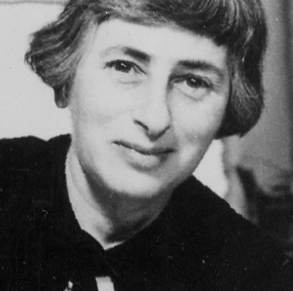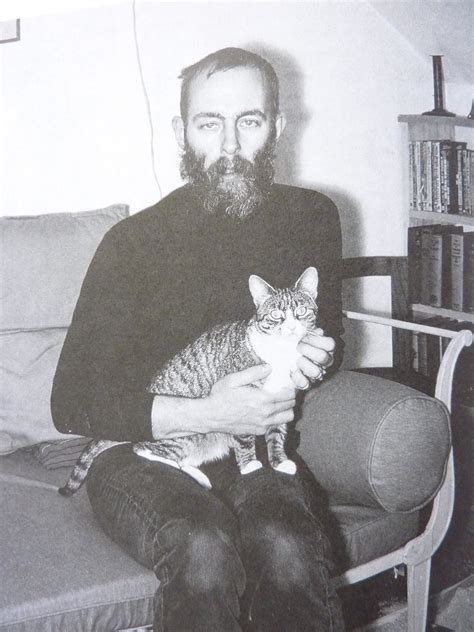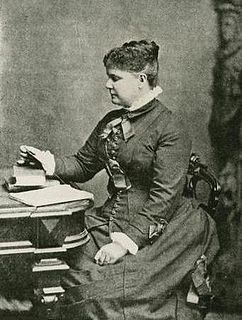A Quote by Babette Deutsch
The poet, like the lover, is a person unable to reconcile what he knows with what he feels. His peculiarity is that he is under a certain compulsion to do so.
Related Quotes
A true poet is more than just a man who can write a poem with a pen. A true poet writes poetry with his very life. A true poet doesn't use poetic devices to con the heart of a woman but uses the beauty of all that is poetic to serve, cherish, and express love to the heart of a woman. Just as a true warrior is not a conqueror of femininity but a protector of femininity, a true poet is not just a wooer of a woman's heart but one who knows how to nurture and plant love in a woman's heart. Simply put, a true poet is a man who knows how to be intimate with a lover - first and foremost with Christ.
Loneliness is necessary for pure poetry. When someone intrudes into the poet's life (and any sudden personal contact, whether in the bed or in the heart, is an intrusion) the poet loses his or her balance for a moment, slips into being what he or she is, uses his or her poetry as one would use money or sympathy. The person who writes the poetry emerges, tentatively, like a hermit crab from a conch shell. The poet, for that instant, ceases to be a dead person.
He who is himself crossed in love is able from time to time to master his passion, for he is not the creature but the creator of his own misery; and if a lover is unable to control his passion, he at least knows that he is himself to blame for his sufferings. But he who is loved without reciprocating that love is lost beyond redemption, for it is not in his power to set a limit to that other's passion, to keep it within bounds, and the strongest will is reduced to impotence in the face of another's desire.
One who knows not what his rights are can never know when they are taken and is unable to defend them. He is like a man who believes he owns a piece of ground which his neighbor also claims, but he doesn't know its boundaries. The neighbor continues to encroach further and further onto land he suspects is his, but since he is never certain where the boundary is, he cannot check the advance. Until he takes a firm position and says: "this far and no further," there is no line.
Anyone who has ever been a mother or father and is at all honest knows from experience how difficult it can be for parents to accept certain aspects of their children. It is especially painful to have to admit this if we really love our child and want to respect his or her individuality yet are unable to do so.
In the earliest years of the AIDS crisis, there were many gay men who were unable to come out about the fact that their lovers were ill, A, and then dead, B. They were unable to get access to the hospital to see their lover, unable to call their parents and say, 'I have just lost the love of my life.'
A man of understanding, a man who understands himself and others, always feels compassion. Even if somebody is an enemy you have compassion toward him because a man of understanding can understand the viewpoint of the other also. He knows why the other feels as he feels, he knows why the other is angry, because he knows his own self, and in knowing that, he has known all others.
His specialty was interrogation. Imagine it, gentlemen. Being strapped to a table so that you are entirely at the mercy of a monster such as this. A person who delights in your pain. A person to whom your screams are more delicious than a lover's whisper. A creature who knows how to keep you alive while he skillfully and meticulously deconstructs those things that define you as human?







































